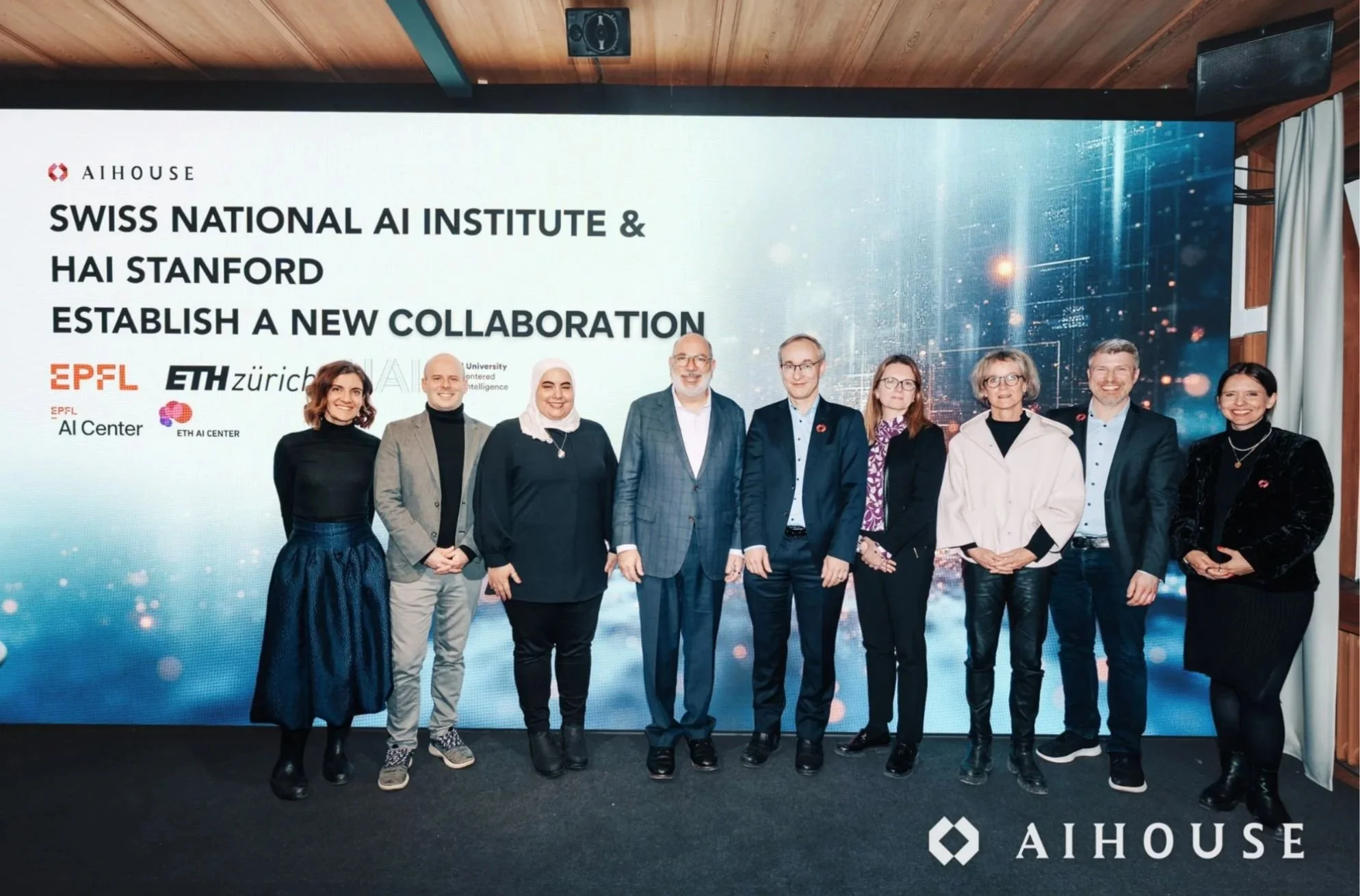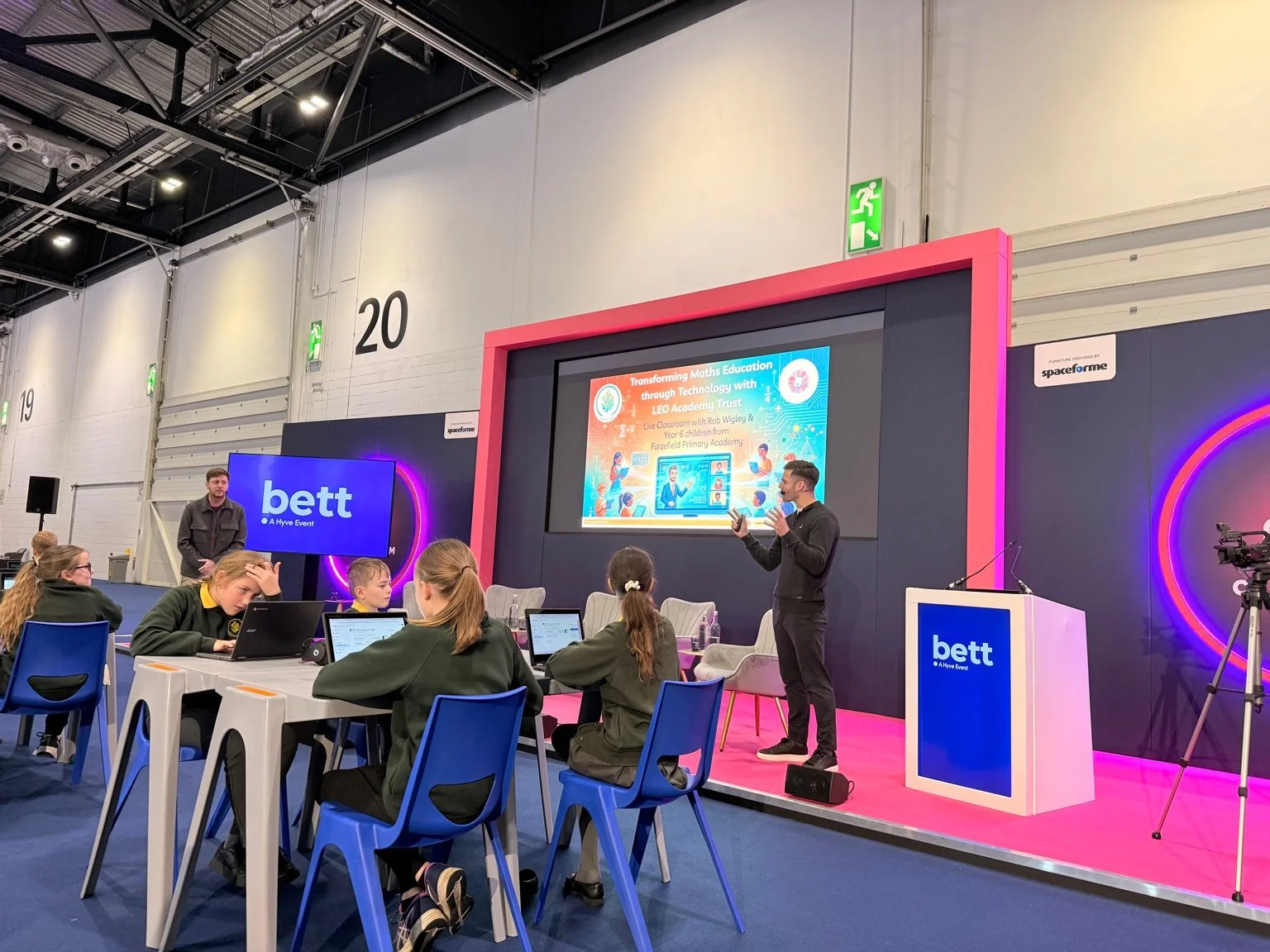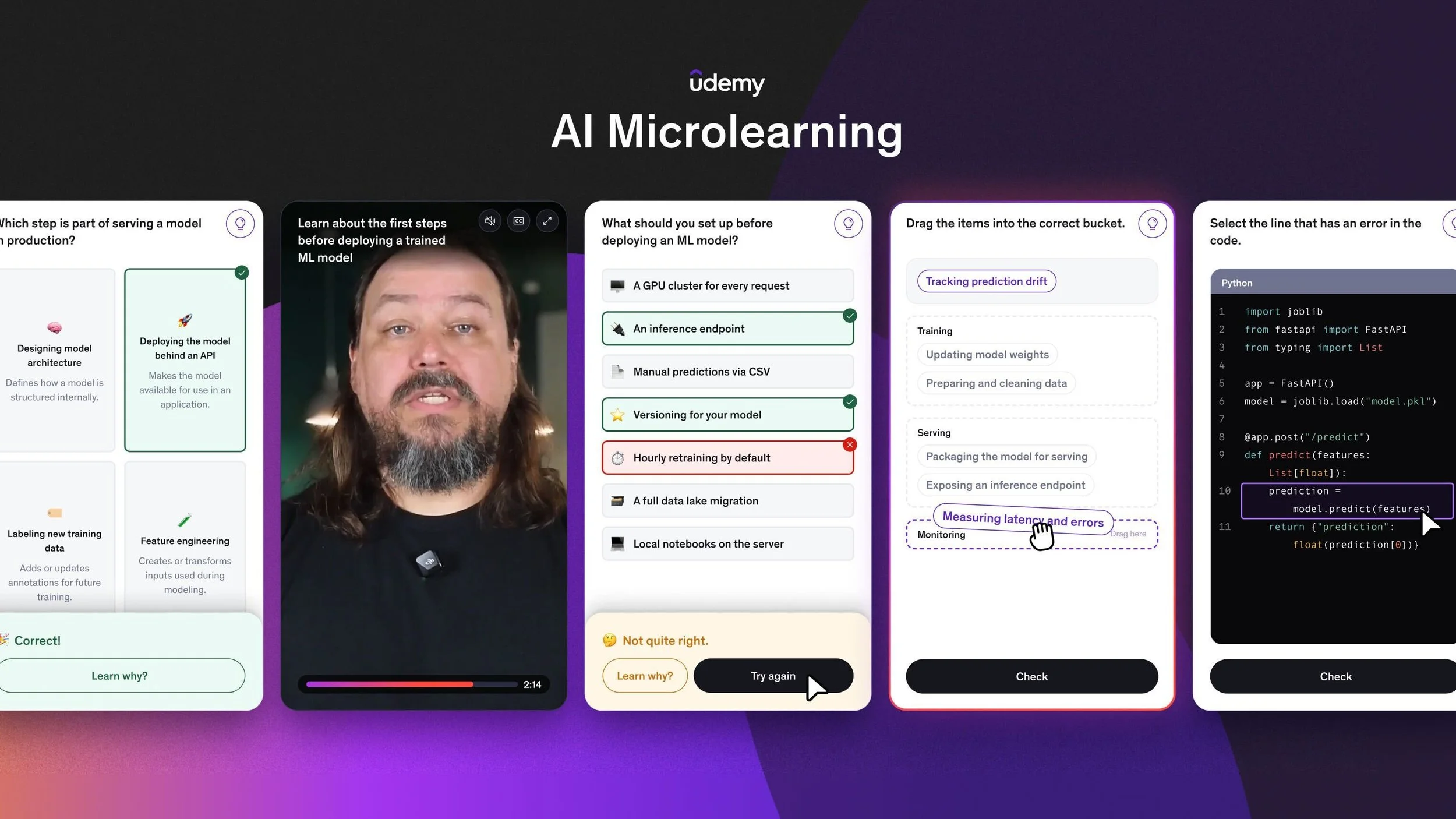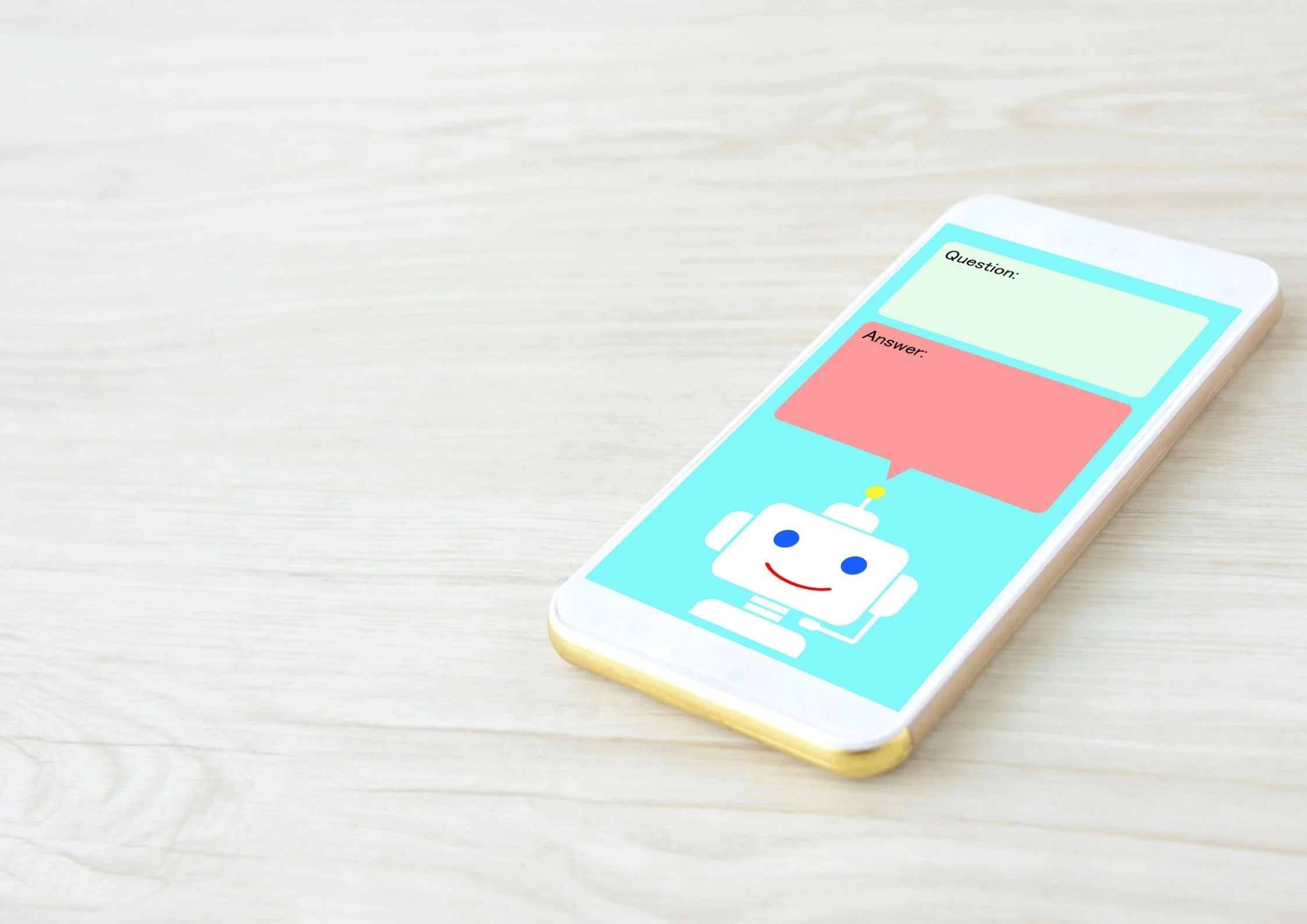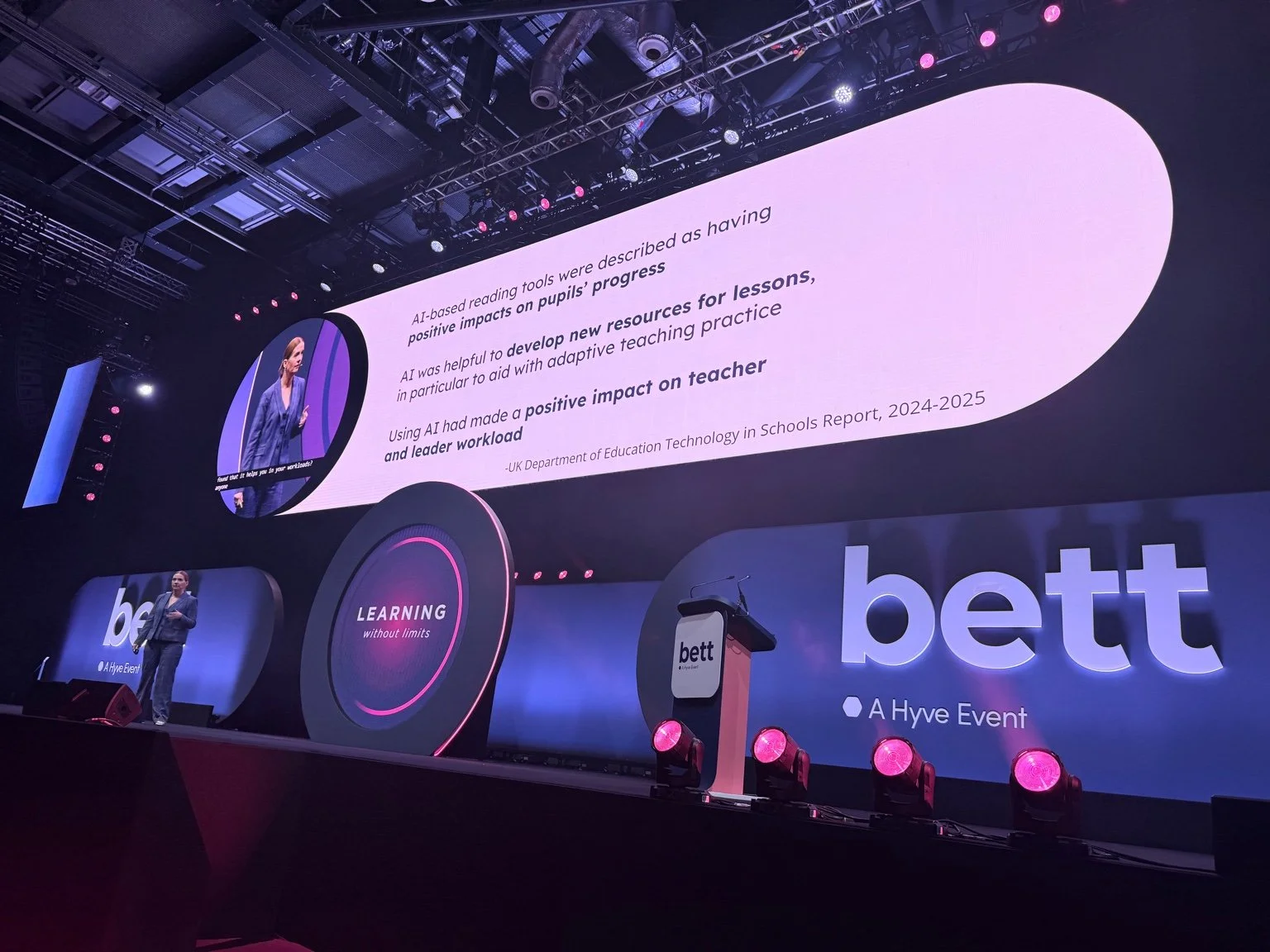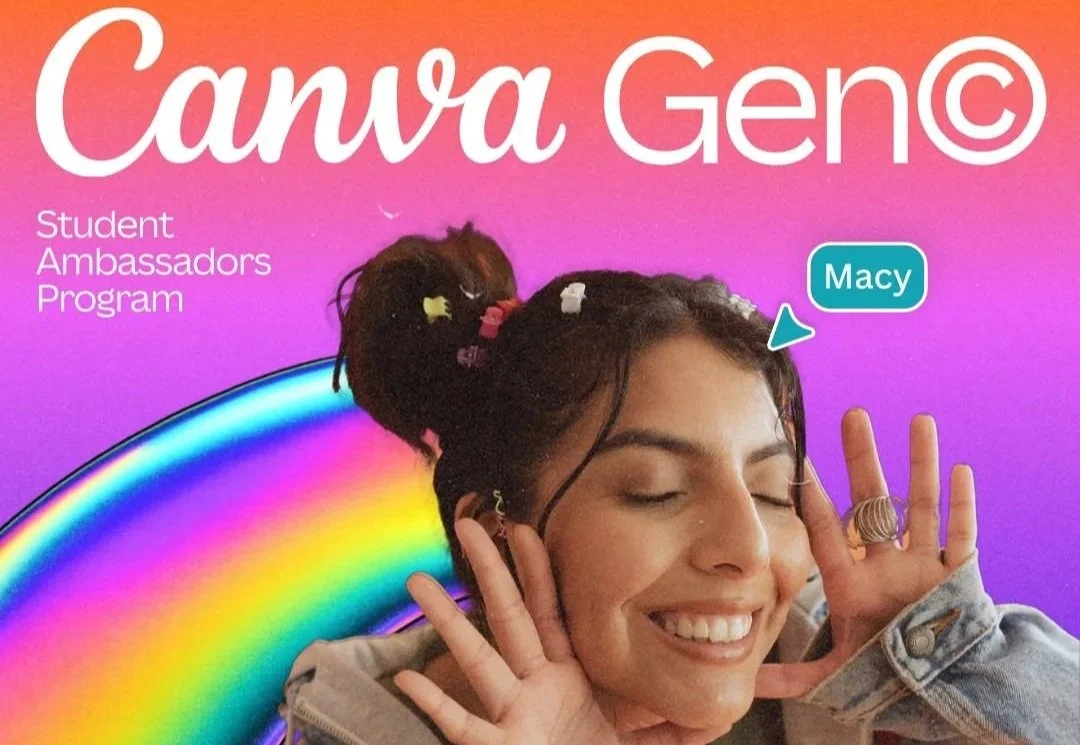EdTech stories of the week: Perplexity enters language learning, OpenAI expands, and IBM teams with Lewis Hamilton
From browser-based AI to F1-backed education programs, this week’s top ten captures how EdTech players are evolving access, partnerships, and strategy across sectors and geographies.
AI-powered education continues to shift at speed, with Perplexity launching a new language learning feature and OpenAI extending its browser and higher education offerings. Meanwhile, IBM and Lewis Hamilton team up on STEM access, Google rolls out Gemini in Florida classrooms, and UCL and DeepMind partner on a global curriculum. As usual, OpenAI appears more than once, while Microsoft’s Copilot Teach tool receives mixed reviews.
10. IBM and Lewis Hamilton launch F1-backed AI education initiative through Mission 44
In at number ten, IBM and Lewis Hamilton’s Mission 44 have announced a global partnership to deliver AI and STEM education through SkillsBuild. The program links AI workforce training with real-world Formula 1 activations, starting with a Grand Prix event in Austin. The goal: build technical pathways for underrepresented students.
9. UCL and Google DeepMind partner to launch new AI curriculum
Taking the ninth spot, UCL and Google DeepMind have co-developed AI Research Foundations, a new curriculum for undergraduate students and early career researchers. Delivered via Google Cloud, the course combines machine learning, research methodology, and responsible AI design — with a focus on global equity and grassroots communities.
8. OpenAI launches its first African Academy in Lagos
AI is back again at number eight, as OpenAI announces its first African OpenAI Academy in partnership with the University of Lagos. Led by Africa Lead Emmanuel Lubanzadio, the initiative focuses on equitable partnerships and will run alongside the rollout of ChatGPT Go across the continent.
7. Google and Miami-Dade expand Gemini pilots and AI teacher training
At number seven, Google has partnered with Miami-Dade County Public Schools and Miami Dade College to roll out Gemini for Education to 100,000 students and train 18,000 teachers. New pilots include personalized “learning wallets,” creative AI for music education, and college-led workforce development.
6. OpenAI convenes higher education leaders to explore AI teaching models
In at number six, OpenAI’s first Higher Education Forum gathered educators from institutions including UC Berkeley and Cambridge to share AI-powered classroom strategies. The event emphasized flipped models, interdisciplinary use cases, and the launch of OpenAI’s Education Forum Guild.
5. Microsoft’s new ‘Teach’ tool in Copilot draws mixed reactions from educators
Kicking off the the top five, Microsoft has added a new “Teach” module to its Copilot app, promising AI-powered lesson planning and assessment tools. While Microsoft says the tool simplifies curriculum design and aligns to global standards, early testers have raised concerns about pedagogy and student engagement.
4. Atos to open three UK-based hubs focused on sovereign and agentic AI
At number four, Atos has announced plans to open three new AI hubs in the UK to support public sector demand for sovereign digital infrastructure. The hubs will focus on secure cloud, agentic AI, and data-driven decision-making. The move also includes new early-career roles, with Atos linking sovereignty to digital skills pipelines.
3. OpenAI and Thermo Fisher partner to accelerate drug development using AI
Making the top three, OpenAI returns with a new partnership that takes its tools into life sciences. Thermo Fisher Scientific will embed ChatGPT Enterprise across its clinical research operations and use OpenAI APIs to streamline drug development workflows. The companies say the collaboration will cut costs and increase speed across global pharmaceutical pipelines.
2. OpenAI unveils ChatGPT Atlas browser to bring AI into real-time web tasks
Taking second place, OpenAI has launched ChatGPT Atlas, a new browser that puts ChatGPT into direct contact with live web pages. Users can now summarize pages, manage tabs, and complete tasks without switching tools. The launch marks another step in OpenAI’s platform strategy, blending productivity, education, and general-purpose browsing.
1. Perplexity takes the top spot with launch of AI-powered language learning feature
And taking the number one spot, Perplexity enters the education space with a new language learning feature now live on iOS and web. The tool allows users to build vocabulary, practice phrases, and get pronunciation feedback inside the Perplexity interface. The launch positions Perplexity alongside Duolingo, which recently pivoted to an “AI-first” model, and shows how consumer AI tools are evolving into direct learning platforms.







